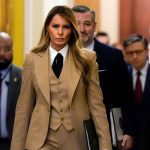
Court of Appeals No Blanket Immunity for Trump, What’s Next?

In a devastating blow to the former president, The U.S. Court of Appeals has ruled that -Donald Trump is not immune from prosecution in the 2020 federal election case.
A three-judge panel of the U.S. Court of Appeals for the District of Columbia Circuit rejected Trump’s claim he cannot be prosecuted because the allegations relate to his official responsibilities as president.
“We cannot accept that the office of the Presidency places its former occupants above the law for all time thereafter,” the unanimous panel wrote.
The court concluded that any executive immunity that may have shielded Trump from criminal charges while he served as president “no longer protects him against this prosecution.”
The ruling, which Trump vowed to appeal, rebuffs his attempt to avoid a trial on charges that he undermined American democracy and the transfer of power, even as he consolidates his position as the front-runner for the Republican presidential nomination.
Steven Cheung, Trump’s campaign spokesman, said the ruling “threatens the bedrock of our Republic.”
“If immunity is not granted to a President, every future President who leaves office will be immediately indicted by the opposing party. Without complete immunity, a President of the United States would not be able to properly function!” Cheung said in his statement.
The Trump campaign spokesperson added, “Deranged Jack Smith’s prosecution of President Trump for his Presidential, official acts is unconstitutional under the doctrine of Presidential Immunity and the Separation of Powers. Prosecuting a President for official acts violates the Constitution and threatens the bedrock of our Republic. President Trump respectfully disagrees with the D.C. Circuit’s decision and will appeal it in order to safeguard the Presidency and the Constitution.”
Special Counsel Jack Smith initially indicted Trump on Aug. 1, 2023. In the case, Trump said he had presidential immunity and that the case violated a double jeopardy clause because he was impeached by the U.S. House of Representatives over his alleged involvement. He was later acquitted after the U.S. Senate did not vote to convict him of the charge.
The two defenses were among four arguments Trump’s legal team pursued in arguing the court should reject the case.
In December 2023, U.S. District Judge Tanya Chutkan, who is presiding over the case, rejected Trump’s arguments, saying the office of the president “does not confer a lifelong ‘get-out-of-jail-free’ pass.”
Trump’s spokesman, Cheung, said Trump would appeal but did not say whether he would first ask the full D.C. Circuit Court to review the ruling or go directly to the U.S. Supreme Court.
A spokesperson for special counsel Jack Smith, who is leading the prosecution, declined to comment when asked by multiple news outlets. The case will remain paused until at least Feb. 12 to give Trump time to appeal to the U.S. Supreme Court.


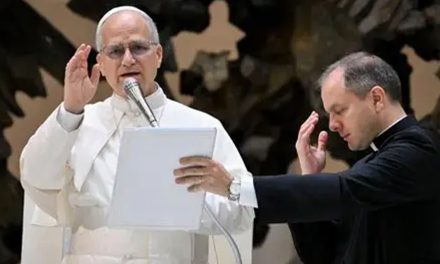

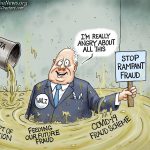

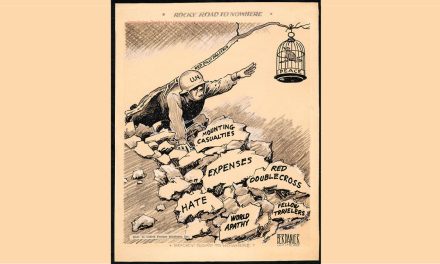




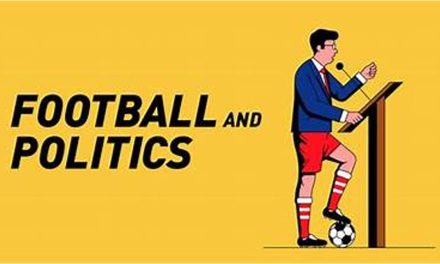
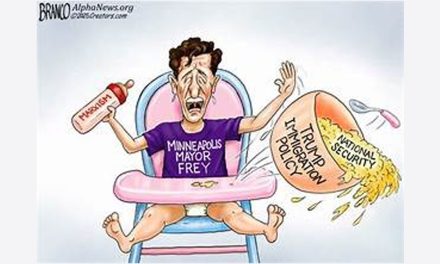









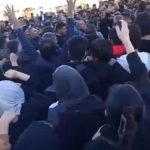
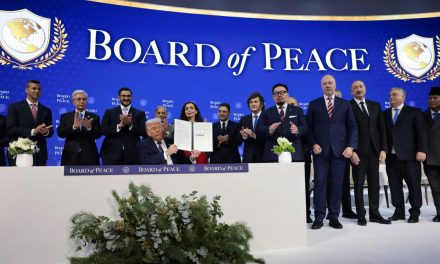
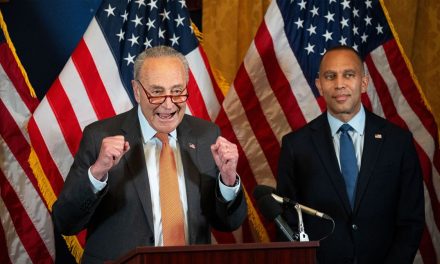




The SCOTUS would reveal their hand IF they pick this one up. I am betting if he tries, they will let it go.
Article II: The President is immune from civil liability absolutely for suits arising from actions relating to official duties. This includes all acts in the “outer perimeter” of those duties. However, the President is not immune from actions arising from unofficial conduct.
In Mississippi v. Johnson,1 in 1867, the Supreme Court placed the President beyond the reach of judicial direction, either affirmative or restraining, in the exercise of his powers, whether constitutional or statutory, political or otherwise, save perhaps for what must be a small class of powers that are purely ministerial.2
Finally, with respect to civil liability, the Court has held that the President is absolutely immune in actions for civil damages for all acts within the “outer perimeter “of his official duties.20 The Court’s close decision was premised on the President’s “unique position in the constitutional scheme,” that is, it was derived from the Court’s inquiry of “a kind of ‘public policy’ analysis” of the “policies and principles that may be considered implicit in the nature of the President’s office in a system structured to achieve effective government under a constitutionally mandated separation of powers.”
A ministerial act is a task that someone has to do because they were told to do it by a law or rule. They don’t get to decide how to do it or if they should do it. They just have to follow the rules.